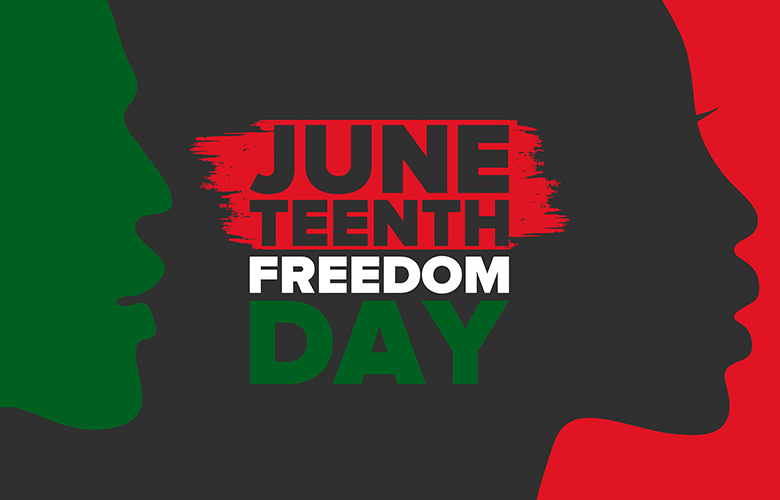
“…all persons held as slaves within said designated States, and parts of States, are, and henceforward shall be free...” —Emancipation Proclamation, January 1, 18631
The story is unclear. Was the messenger sent to Galveston, Texas, murdered along the way, or was it decided to wait until the Union army arrived to enforce the new law? What is clear is that the communication sent to tell 250,000 enslaved men, women, and children in Texas of their freedom, and to enforce the Emancipation Proclamation, did not arrive for 2½ years, needlessly deferring their dreams of freedom. Then General Gordon Granger arrived on June 19, 1865, and read General Order Number 3:2
"The people of Texas are informed that in accordance with a Proclamation from the Executive of the United States, all slaves are free. This involves an absolute equality of rights and rights of property between former masters and slaves, and the connection heretofore existing between them becomes that between employer and hired laborer."3
According to Dr. Henry Louis Gates, Juneteenth4 was originally celebrated only in Texas by those who were formerly enslaved as “an occasion for gathering lost family members, measuring progress against freedom and inculcating rising generations with the values of self-improvement and racial uplift.”5 It evolved over the years, reincarnating itself in ways that seemed to reconcile the contradiction of African Americans celebrating an Independence Day that for nearly 89 years did not apply to them. Fredrick Douglass, the renowned abolitionist, astutely asked in 1852, “What, to the American slave, is your 4th of July? I answer: a day that reveals to him, more than all other days in the year, the gross injustice and cruelty to which he is constant victim.”6
Once again, structural racism and inequity in the United States against its Black citizens is front page news and has brought Juneteenth to the fore. Today, 47 states recognize Juneteenth as a holiday or an observance.7 To African Americans, Juneteenth symbolizes our hard fought freedoms, achievements, and resilience—giving us time to reflect on the promises our country has yet to fulfill. When circumstances tell us otherwise, Juneteenth also reminds us that we too are America. And collectively America will work to fulfill that promise.
At EDC, we recognize structural racism is real with disproportionately adverse impacts on health, education, and economic outcomes. In the United States and globally, we proudly work to improve education, health, and economic opportunities, with a focus on vulnerable and underserved populations. We work to fulfill Juneteenth’s promise.
| Carrie Lewis is a senior project director in the International Development Division’s International Basic Education Team and an expert in early education, literacy, and teacher professional development. | |
| Deirdre Jennings-Holton is an international recruiting manager working in EDC’s Washington, D.C. office. She is also a member of the Diversity and Inclusion Committee and a trainer on implicit bias. |
1https://www.emancipationproclamation.org/
2http://www.juneteenth.com/history.htm
3http://www.juneteenth.com/history.htm
4Juneteenth is a portmanteau of June and 19th.
5https://www.pbs.org/wnet/african-americans-many-rivers-to-cross/history/what-is-juneteenth/
6https://spectrumlocalnews.com/nys/rochester/news/2019/07/01/revisiting-frederick-douglass--famed-fourth-of-july-speech


Comments
Add new comment